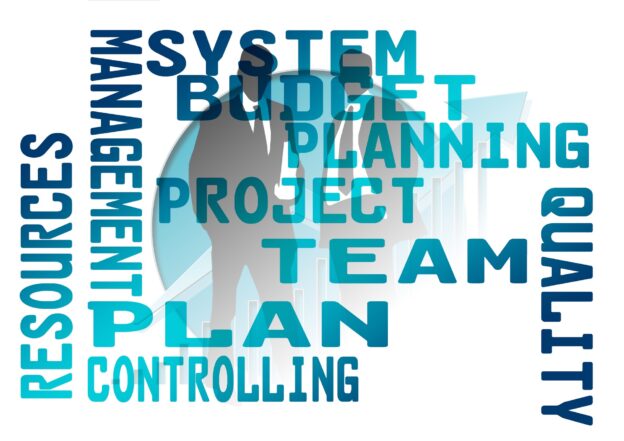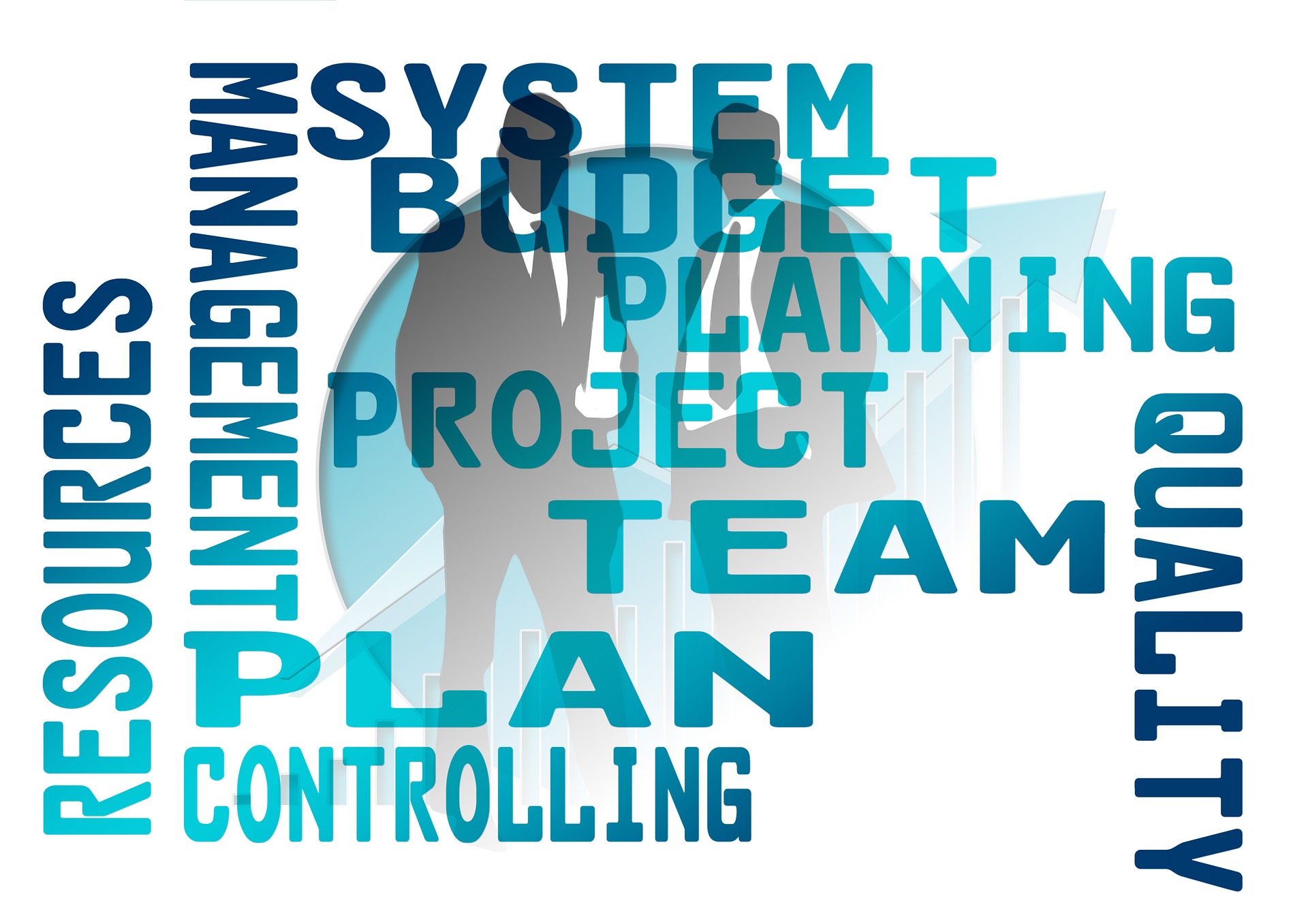-
Attorney at Law
“Unlock Your Leadership Potential with Our Comprehensive Training Program!”
Introduction
Leadership training is an important part of any organization’s success. It helps to develop the skills and knowledge of leaders, enabling them to effectively lead their teams and organizations. Leadership training can be tailored to the specific needs of an organization, and can include topics such as communication, problem-solving, decision-making, and team building. It can also include activities such as role-playing, simulations, and case studies. Leadership training can help to create a culture of collaboration and trust, and can help to ensure that leaders are equipped with the skills and knowledge they need to be successful.
The Benefits of Leadership Training for Businesses
Leadership training is an invaluable investment for businesses of all sizes. It can help to develop the skills of existing leaders, as well as identify and nurture potential leaders within the organization. Leadership training can also help to create a culture of collaboration and innovation, which can lead to improved performance and increased profitability.
Leadership training can help to develop the skills of existing leaders. It can provide them with the tools and techniques they need to effectively manage their teams and lead their organizations. Leadership training can also help to identify and nurture potential leaders within the organization. By providing them with the skills and knowledge they need to succeed, businesses can ensure that they have the right people in the right positions.
Leadership training can also help to create a culture of collaboration and innovation. By teaching leaders how to effectively communicate and collaborate with their teams, they can create an environment where ideas are shared and new solutions are developed. This can lead to improved performance and increased profitability.
Finally, leadership training can help to create a sense of loyalty and commitment among employees. By providing them with the skills and knowledge they need to succeed, businesses can ensure that their employees are motivated and engaged. This can lead to increased productivity and improved customer service.
In my opinion, leadership training is an invaluable investment for businesses of all sizes. It can help to develop the skills of existing leaders, as well as identify and nurture potential leaders within the organization. It can also help to create a culture of collaboration and innovation, which can lead to improved performance and increased profitability. Finally, it can help to create a sense of loyalty and commitment among employees, leading to increased productivity and improved customer service.
How to Create an Effective Leadership Training Program
Creating an effective leadership training program is essential for any organization that wants to develop strong leaders. A well-designed program should include a variety of activities and experiences that will help participants develop the skills and knowledge necessary to become successful leaders.
The first step in creating an effective leadership training program is to identify the goals and objectives of the program. This will help to ensure that the program is tailored to the needs of the organization and its participants. It is important to consider the skills and knowledge that participants need to develop in order to become successful leaders.
Once the goals and objectives of the program have been identified, the next step is to develop a curriculum. The curriculum should include a variety of activities and experiences that will help participants develop the skills and knowledge necessary to become successful leaders. This could include lectures, workshops, role-playing, case studies, and other activities.
The program should also include a system for evaluating the progress of participants. This could include assessments, surveys, and feedback from participants. This will help to ensure that the program is meeting its goals and objectives.
Finally, it is important to provide participants with the resources and support they need to succeed. This could include access to mentors, coaches, and other resources. It is also important to provide participants with the opportunity to practice their leadership skills in a safe and supportive environment.
Creating an effective leadership training program requires careful planning and consideration. By taking the time to identify the goals and objectives of the program, develop a curriculum, and provide participants with the resources and support they need to succeed, organizations can ensure that their leadership training program is effective and successful.
The Role of Technology in Leadership Training
Technology has become an integral part of modern life, and its role in leadership training is no exception. Technology can be used to enhance the effectiveness of leadership training by providing access to a wide range of resources, tools, and information. It can also be used to facilitate collaboration and communication between leaders and their teams.
One of the most important ways technology can be used in leadership training is to provide access to a wide range of resources. Technology can be used to provide access to online courses, webinars, and other educational materials that can help leaders develop their skills. Technology can also be used to provide access to research and data that can help leaders make informed decisions.
Technology can also be used to facilitate collaboration and communication between leaders and their teams. Technology can be used to create virtual meeting spaces where leaders can interact with their teams in real-time. Technology can also be used to create online forums and discussion boards where leaders can share ideas and receive feedback from their teams.
Technology can also be used to create simulations and virtual environments that can help leaders practice their skills in a safe and controlled environment. These simulations can help leaders develop their decision-making skills and learn how to respond to different situations.
Finally, technology can be used to track and measure the progress of leadership training. Technology can be used to track the progress of individual leaders and teams, as well as the overall progress of the organization. This data can be used to identify areas of improvement and to develop strategies for further development.
In conclusion, technology can be used to enhance the effectiveness of leadership training by providing access to a wide range of resources, tools, and information. It can also be used to facilitate collaboration and communication between leaders and their teams. Finally, technology can be used to track and measure the progress of leadership training. By leveraging the power of technology, organizations can ensure that their leaders are well-equipped to lead their teams to success.
The Impact of Leadership Training on Employee Engagement
Leadership training is an important part of any organization’s success. It helps to ensure that leaders have the skills and knowledge necessary to effectively manage their teams and create a positive work environment. Research has shown that when leaders are well-trained, it can have a positive impact on employee engagement.
Employee engagement is a key factor in the success of any organization. It is the level of commitment and enthusiasm that employees have for their work and the organization as a whole. When employees are engaged, they are more likely to be productive, creative, and motivated.
Leadership training can help to foster a culture of engagement in the workplace. By teaching leaders how to effectively communicate with their teams, they can create an environment where employees feel valued and appreciated. Leaders can also learn how to recognize and reward employees for their hard work and dedication. This can help to create a sense of loyalty and commitment to the organization.
Leadership training can also help to create a sense of trust between leaders and their teams. When leaders are seen as trustworthy and reliable, employees are more likely to feel comfortable sharing their ideas and opinions. This can lead to increased collaboration and creativity, which can help to drive innovation and productivity.
Finally, leadership training can help to create a sense of purpose and direction in the workplace. By teaching leaders how to set clear goals and objectives, they can help to ensure that everyone is working towards the same end. This can help to create a sense of unity and purpose, which can lead to increased engagement and motivation.
Overall, leadership training can have a positive impact on employee engagement. By teaching leaders how to effectively manage their teams and create a positive work environment, they can help to foster a culture of engagement and motivation. This can lead to increased productivity, creativity, and innovation, which can help to drive organizational success.
The Benefits of Leadership Training for Employees
Leadership training is an important part of any organization’s development strategy. It provides employees with the skills and knowledge they need to become effective leaders and to help the organization reach its goals. Leadership training can benefit employees in a variety of ways, including:
1. Improved Communication: Leadership training helps employees develop better communication skills. This includes learning how to effectively communicate with colleagues, customers, and other stakeholders. It also helps employees understand how to effectively listen to others and how to provide constructive feedback.
2. Increased Confidence: Leadership training helps employees build their confidence and self-esteem. It teaches them how to take initiative and make decisions, as well as how to handle difficult situations. This can help employees feel more comfortable in their roles and more confident in their abilities.
3. Improved Problem-Solving Skills: Leadership training helps employees develop problem-solving skills. This includes learning how to identify problems, analyze them, and come up with solutions. This can help employees become more efficient and productive in their roles.
4. Improved Teamwork: Leadership training helps employees learn how to work together as a team. This includes understanding how to collaborate, delegate tasks, and manage conflicts. This can help employees work together more effectively and efficiently.
Overall, leadership training can be a valuable tool for any organization. It can help employees develop the skills and knowledge they need to become effective leaders and to help the organization reach its goals.
Q&A
Q1: What is leadership training?
A1: Leadership training is a type of professional development that focuses on developing the skills and knowledge necessary to lead a team or organization. It can include topics such as communication, problem-solving, decision-making, and team building.
Q2: What are the benefits of leadership training?
A2: Leadership training can help individuals develop the skills and knowledge necessary to become effective leaders. It can also help teams become more productive and efficient, and can help organizations achieve their goals.
Q3: Who should attend leadership training?
A3: Leadership training is beneficial for anyone who is in a leadership role or who is looking to develop their leadership skills. This includes managers, supervisors, executives, and other professionals.
Q4: How long does leadership training last?
A4: The length of leadership training can vary depending on the program and the topics covered. Some programs may last a few hours, while others may last several days or weeks.
Q5: What are some common topics covered in leadership training?
A5: Common topics covered in leadership training include communication, problem-solving, decision-making, team building, conflict resolution, and motivation.
Leadership Training Consultation
When you need help with Leadership Training call Jeremy D. Eveland, MBA, JD (801) 613-1472 for a consultation.
Jeremy Eveland
17 North State Street
Lindon UT 84042
(801) 613-1472
Related Posts
Concrete Pumping Business Lawyer



















